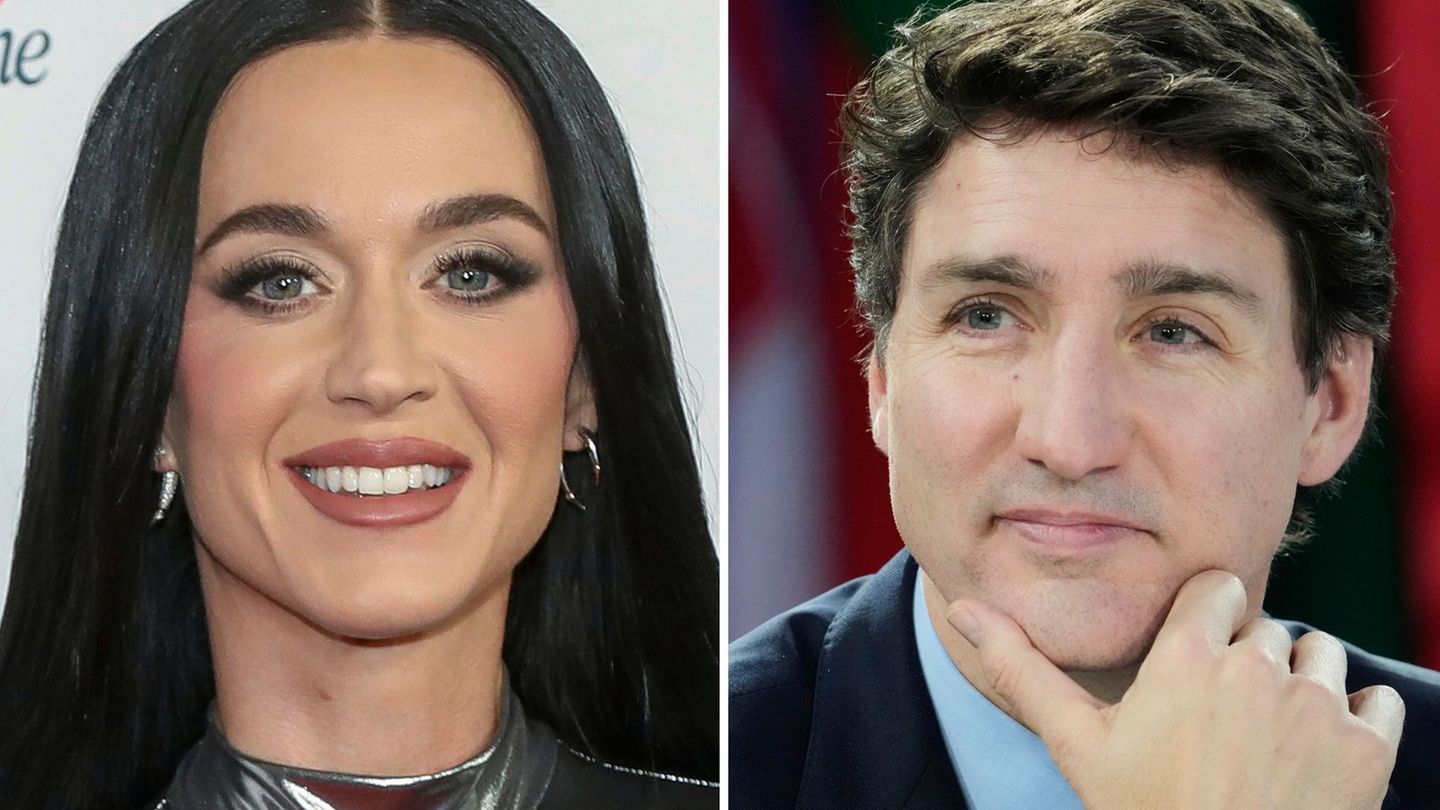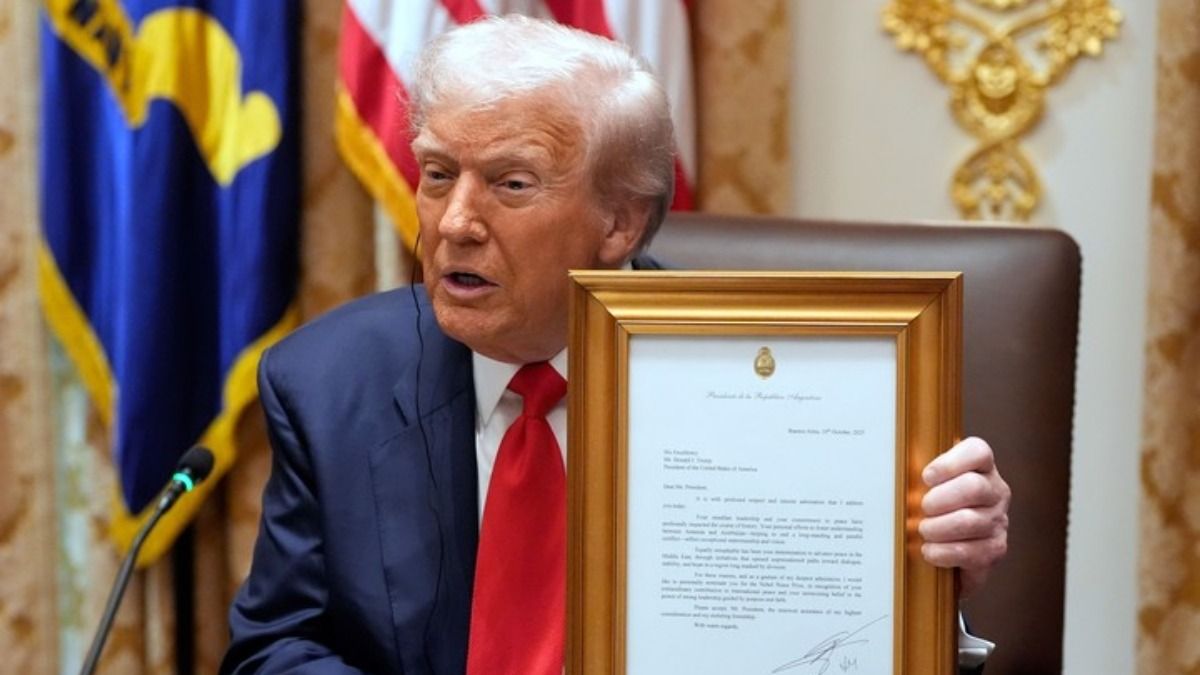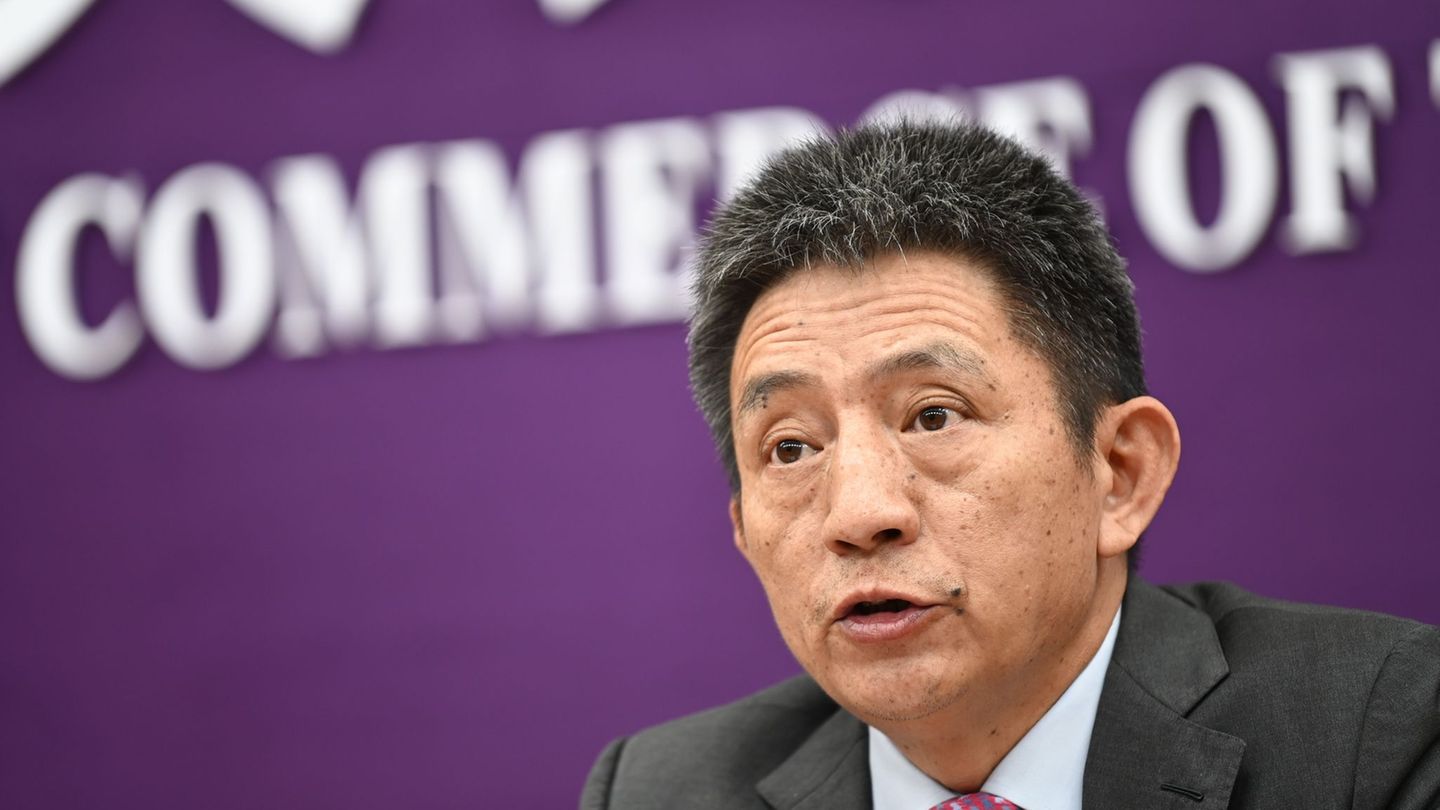As it happened with figures like Neymar and Xuxathe musicians also contributed their grain of sand in the elections and turned mainly in favor of Lula.
Bolsonaro versus Lula 2022 elections in Brazil.jpg
Nevertheless, Bolsonaro he also has someone to support him musically. Gusttavo Lima, a renowned artist who resembles Ricardo Montaner, showed his inclination towards the current president. “If you decide to exchange love for a moment / End me first / If for you I am insignificant / End me first”, he usually bawls before the crowds. From Miami, and before an exultant colony of compatriots, Lima supported the retired captain. “Myth, myth”, the public responded while the singer waved the national banner. Bolsonaro thanked him for Twitter. The sertanejo duo Zé Neto and Cristiano have also joined Bolsonarism. And to make a profession of faith, he allowed himself to be photographed with deputy Eduardo Bolsonaro, the newspaper AR details the site.
For his part, Lula, whether from hope, the useful vote or the simple condition of lesser evil in the midst of a dramatic crossroads, has been able to reproduce the same alliance between musicians of different lineage that he forged with part of the center-right. And there appeared, for example, Anitta. It has been considered by Vanity Fair a “Beyoncé made in Rio” and the “most powerful and influential Latin pop star”. Her song “Wrap” has 385 million views on YouTube alone. “Tell me how we do / if you want me and I want you too”. No empathy with the weak. Glamor and hedonism. But everything seems to have had a limit. “I am not a petista and I never was. However, this year I am with Lula ”, he said, asserting the weight of her interventions: she has 63 million on Instagram and 20 million on Twitter and Tiktok.
Also, there have naturally been less pragmatic accessions. With “Vira Voto” (change the vote)various luminaires, including Caetano Veloso, Gal Costa, Maria Bethânia, Daniela Mercury and Eduardo Antunesamong others, mimed a song that does not belong to them (it has all the carnivalesque characteristics of many jingles) that asks voters “courage, resistance and hope” to look at a “future of a pencil” that “takes the gun out of the child”.
The song stages a kind of inversion game: the gesture of the weapon popularized by Bolsonaro (the index is the barrel and the thumb represents the desire to shoot) turns the fingers upwards into Lula’s “L” . Caetano also made a personal appeal to society and recalled that he voted between tears for the leader of the Workers’ Party (PT), in 1989, against Fernando Collor de Mello. That PT was strongly classist and was supported by numerous intellectuals and musicians. Caetano never again supported Lula’s candidacy, not even on his first trip to the center, in 2002, when he defeated José Serra. In successive elections he gave his vote to Marina Silva and Ciro Gomes. “I adore Ciro, I respect what he plans and promises,” he recalled in his message about the former PT ally who appears third in the polls. But “the business has to be Lula,” admits Veloso.
The Hymn to the Unspeakable
On the other hand, dozens of artists participated in the “Hymn to the Unspeakable”, a 13-minute song that tries to be a kind of summary of these four years of Bolsonarism and that has the peculiarity of having been built on the basis of the outbursts of the retired captain. This concoction of quotes, barely past indirect speech, causes, by its accumulation, the desired effect: plunge the listener into stupor. As if inviting them to ask themselves if this had really happened in Brazil. The “Hymn to the Unspeakable” written by Carlos Rennowho has collaborated with Gilberto Gil, Tom Zé, Rita Lee, Paulinho Moska and Pedro Luís, one of the authors of the music he shares with Chico Brown, none other than Carlinhos Brown’s son and Chico Buarque’s grandson, adds DiarioAR.
The song opens with the cello of Jacques Morelenbaum, that distinguished instrumentalist who worked with Caetano on some memorable albums. Walter Moura immediately bursts in, the actor who has gained international recognition for his participation in Tropa de elite and, recently, as director of Marighella, the film about the Bahian guerrilla fighter of the sixties that so irritated the extreme right. “′I am in favor of the dictatorship`, he said, ′The parrot stick and torture`, he concluded”, Moura is heard singing-saying. The song is built on the kind of sentences typical of the old news agencies: asceticism and degree zero of objectivity. “He said: ′There was no dictatorship in the country`.”
For two weeks the “Anthem…” on the platforms: millions of people have already met it. Unlike many political songs, this one has a subtle instrumental and melodic refinement that sustains the flow of quotes and the exchange of voices and procedures. Because Caio Prado, one of the innovators of the Rio de Janeiro scene, immediately acts as a commentator on Bolsonaro: “and he still insists that he is not racist / And that racism does not exist in this country”.
Another of the peculiarities of this kind of musical invective is its generational crossover. Singer Dora Morelenbaum he shares the recording with his father, Jacques. Luana Leal de Carvalho is the daughter of Beth Carvalho and has worked with Veiled Brown. The extraordinary Lenine is added with one of the most lacerating paraphrases of the era Bolsonaro: “You have described the environmental issue as ′important for vegans who only eat vegetables`; He called the scientific data ′i liars`. Regarding the increase in deforestation, he said that ′ the Amazon is still intact, practically preserved in the countryside` ”.
Jose Miguel Wisnik He has also collaborated with Caetano. His greatest recognition comes from essays such as Sound and sense Another history of music, where he maintains that the evolution of musical language has oscillated between two alternatives posed by the very nature of sound and our body: pulsation (the beating of the heart) and frequency (brain wave). That opposition, he maintains, has run through all musical practices and techniques.
“Jazz and especially rock feed on the cyclical oscillation between elaborate processes and elementary processes. The song makes, in privileged moments, the bridge between the avant-garde and the mass media”. Wisnik contributes his voice as if it were a footnote to the retired captain’s barbaric remarks: “The ignorant now reign in the country / What before, oh thinkers, was unthinkable / Who are these people who do not know what they say? ?”.
The interesting thing about “Hymn to the Unspeakable” it has to do, I insist, with that time extension (13 minutes) during which urgency, indignation and creativity intersect. The song is not prey to realism and the rhetoric of protest. There is always something different that sounds behind the song. It could not be otherwise if among the collaborators there is Barnabas Arrigoone of the great names of the São Paulo scene of the eighties, who has been compared to frank zappa. The very typical melody of the MPB (Brazilian Popular Music) It is, in that sense, somewhat misleading. The word prevails over the song, it cannot remain prey to the melisma or an excess of emotion.
It is a document and a political and cultural investigation that unfolds over time. Under this precept Chico Brown sings: ”and he repeated the motto ′God, country and family`/ Of integralism and Italian fascism/ Adding to the motto a suspicious ′freedom`… Just as he had parodied Nazism/ The motto ′Germany above all`, putting in its place ′Brazil`in the name of the country“.
The inventory exercise of the last few years stinks. “A pushover chauvinist shit / Who maybe thinks he’s a Marvel hero / But he’s more of a comic book villain.” And also, facing the elections, he recalls, as a journalistic account, the threats: “He said he will not accept the result/ If he is defeated in the elections of our history/ And: ′I have three alternatives for the future: Either to be imprisoned, or to be assassinated, or victory, Because “only God can get me out of the chair of president`“.
To the bleak past, the “Hymn to the unspeakable” He responds with a quota of moderate optimism. It is the moment of the chorus, when several voices come together to ask the listener the question: “And who will say that it is no longer imaginable to rise from the ruins of the country?” That is: it is a song about the rubble.
Source: Ambito
David William is a talented author who has made a name for himself in the world of writing. He is a professional author who writes on a wide range of topics, from general interest to opinion news. David is currently working as a writer at 24 hours worlds where he brings his unique perspective and in-depth research to his articles, making them both informative and engaging.




